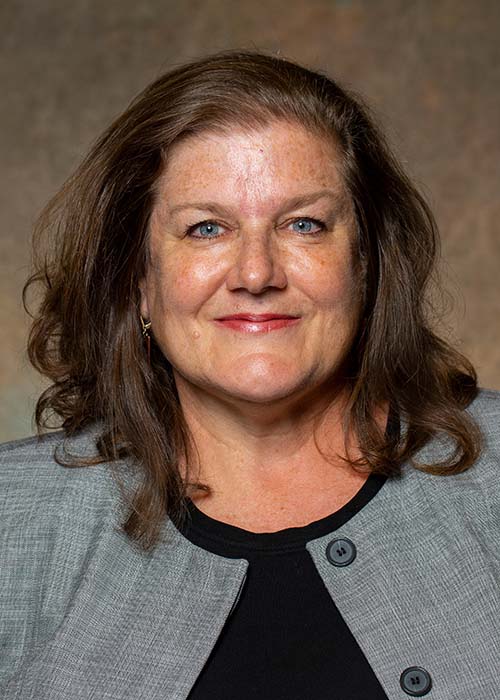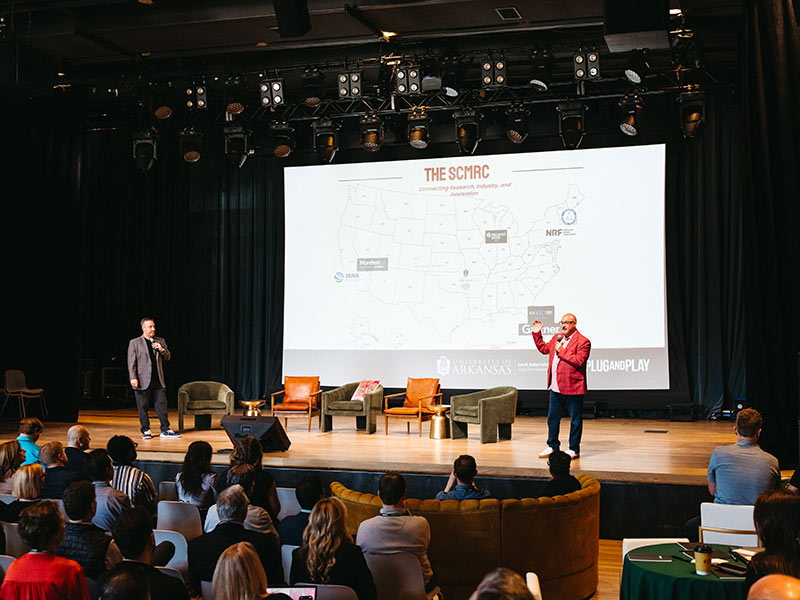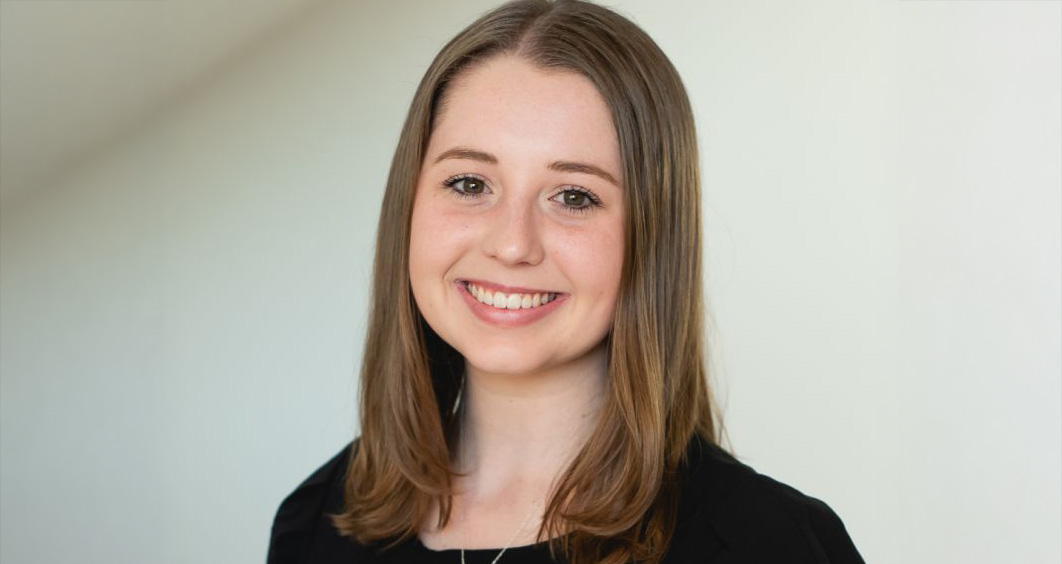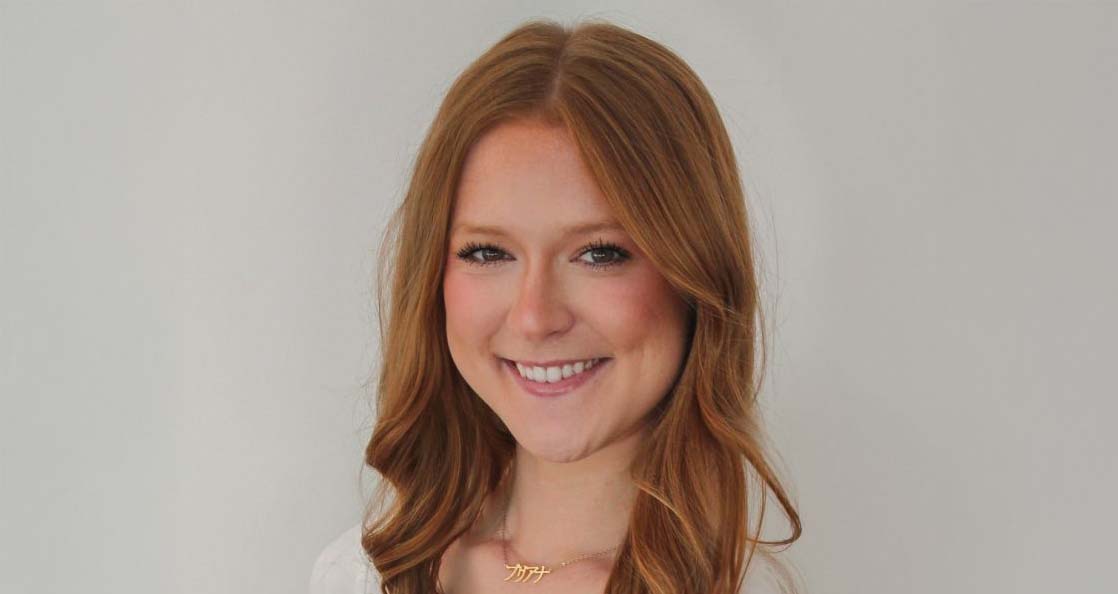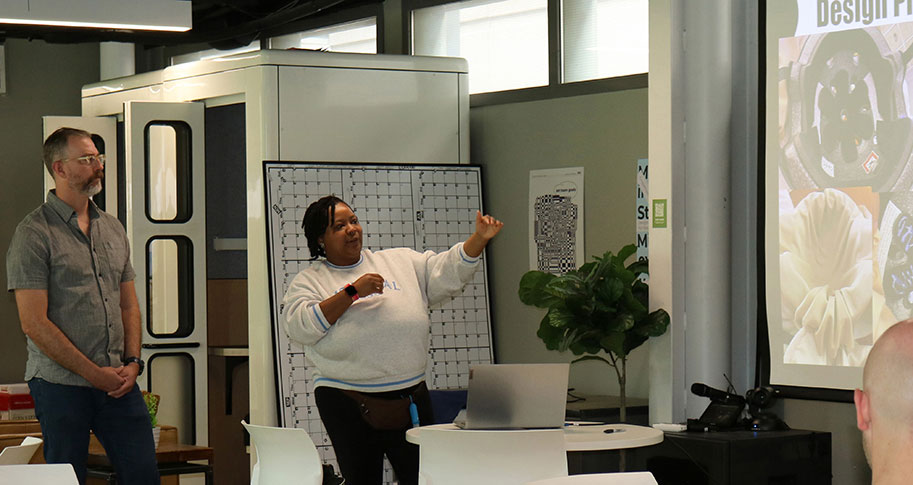
Morgan Reese is an avid cyclist and explorer of the Fayetteville bike paths, but as a BIPOC (Black, Indigenous, and People of Color) woman, she finds bike helmets frustrating and clunky. The clasp is always hard to use, the helmet causes havoc with her hair, and they always find a way to trap heat and get sticky. These frustrations led her to question if there was a better way to manufacture bike helmets, one that was more inclusive for various races and ethnicities.
Finding flaws in our everyday lives can spur great solutions. Turning solutions into reality is a bit harder. The Master of Science in Product Innovation program at the Sam M. Walton College of Business assists students to turn great ideas into great products, while creating a successful business model.
Reese, a graduate student in the MSPI program, teamed up with fellow student Seth Baker, to create QuickFIT and ComforFIT solutions for bike helmets.
Team “Mosey” – a combination of Morgan’s and Seth’s first names – focused on developing a cycling helmet that is both customizable with QuickFIT and comfortable with ComforFIT for all users. Team Mosey's innovative design contains a clasp that allows users to automatically adjust the strap making the helmet safer and a removable helmet liner that would accommodate a multitude of ethnic hair styles. These designs build on their extensive research into the needs of a wide variety of cyclists and aspiring riders. Team Mosey demonstrated a tangible proof-of-concept during the final exam for the Principles of Product Design and Prototyping (SEVI 5443) class, a component in the MSPI program.
In the product design class taught by Professor Sam Claassens, student teams latch onto an idea and then break it down and make it happen. The class develops essential skills in product design and rapid prototyping for both hardware and software products using industry-standard tools like Figma and Autodesk Fusion360. The course pairs readings and lectures to hone the design and prototype process. Morgan and Baker applied these skills quickly to develop their new helmet and threw in some basic sewing to create the liner for the class demo.
“It's fantastic watching the students start from a back-of-napkin idea and, with a dab of ingenuity and some passion, develop it into a fully functional and viable product,” said Claassens, a professor in the Department of Strategy, Entrepreneurship & Venture Innovation.
The teams consider all aspects of the product life cycle including financial, marketing, competition, customers/audience, prototyping, design, manufacturing and advertising attributes that determine if a product is viable.
Graduate business students Lily Raccasi, Devin Dougherty and Amanda Banks followed these steps to create an iPhone holder aptly named No Pockets No Problem. First, the team brainstormed solutions and then mocked up an initial design. They continued to refine their design, create a 3D model, design a protype through 3D printing and begin to test the product. After the product failed, they refined the prototype to validate fixes and identify remaining issues.
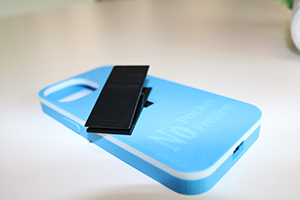 |
Next, they determined the best materials, developed specifications, chose capable manufacturers, determined costs, and protected the team’s intellectual property.
The result is a marketable product for people who need an easy solution to carry their phone. The team focused on people who might wear yoga pants, running gear, dresses or other apparel without pockets.
The last product development team developed a digital approach to a military problem. The FireWatchAI team, comprised of graduate students Jeffery Montgomery, Nhiem Cao and Angel Treat, strove to create a more efficient way to train military recruits on the gunnery range.
The FireWatchAI solution focused on an advanced computer vision system to create a streamlined way to train soldiers on a gun range. With expert advisors sharing their knowledge, the team created a digital camera to monitor the impact points on a target. The electronic system tracks results and relays it to a digital app that the gunnery sergeant can immediately review, creating a more efficient system which can cut the review response time in half.
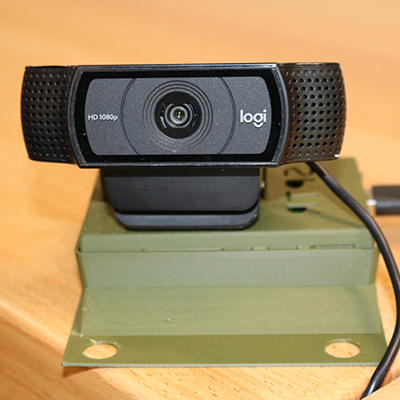 |
|
The FireWatchAI team created a digital process to monitor the impact points on a gunnery range target. The electronic system tracks results and relays it to a digital app, creating a more efficient and timesaving process. |
Sergeants can respond quicker to trainees, and the military can train more recruits in a shorter amount of time.
Team Mosey, No Pocket No Problem, and FireWatchAI are great examples of what innovative teams can do when they focus on converting concepts into prototypes.
The Master of Science in Product Innovation program helps entrepreneurs or product managers guide new products or services from a mere idea to commercialization. The degree is offered in either a full-time or part-time format, requiring 30 hours of coursework. The program focuses on business foundations, legal and social issues, product design and prototyping, product management, marketing, supply chain strategy and more. It culminates in a practicum with hands-on experience using a high level of engagement from faculty and program sponsors.
